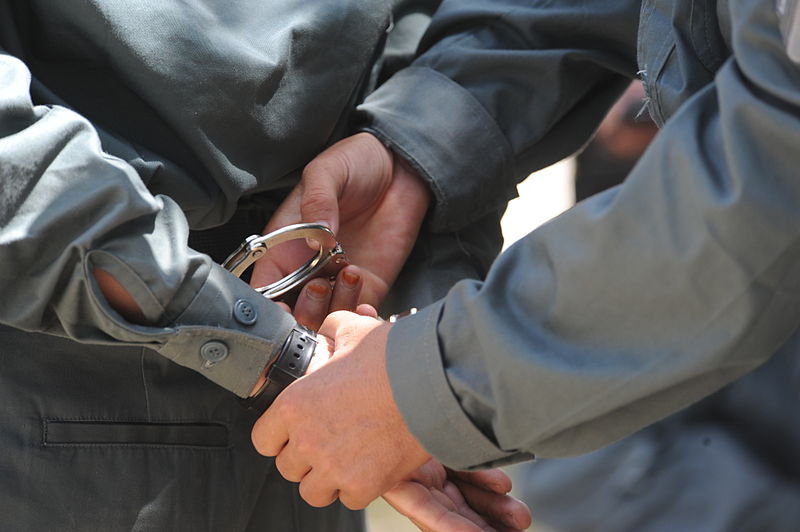While most people are aware that the bail bond amount is set by a judge or the jail’s bail schedule, many are surprised at the variety of conditions that can be added on. Not every bail bond release comes with conditions. However, when they are assigned it is based on the judge’s discretion and specific circumstances. One example of this is in recent Connecticut news.
According to reports on September 2nd by the Hartford Courant, Edward Taupier, a man from Cromwell, was accused of threatening Elizabeth Bozzuto, the judge overseeing his divorce case. As a result, Joan K. Alexander, the judge over his arraignment at the Hartford Superior Court, increased Taupier’s bail amount by $40,000 in cash.
Furthermore, if Taupier does pay the increased bail, he must also follow additional conditions set by the judge, namely, to “wear an electronic monitor”, “stay 1,000 feet away from Bozzuto, her family and her home”, and “be confined to his home except for medical and court appointments”. Taupier’s firearms were likewise to be surrendered to police.
While restrictions like those given to Taupier are unique to his situation, in most cases there are usually a few conditions imposed. These must be the least restrictive restrictions necessary and are dependent on whether the judge feels the individual might “jump bail” or pose a threat to others. In addition, not complying with all release terms often comes with financial and legal penalties.
Here are some of the most common bail bond release conditions to be aware of
- Not Commit Other Crimes
Fairly commonsense, the defendant must not commit other crimes since the court does not want them causing more harm while out on bail. - Obey Orders of Protection
A very common restriction, orders of protection means that the defendant must avoid contact with any of the victims or witnesses. This is usually for the protection of those individuals as well as to ensure witnesses feel safe enough to appear and testify at the trial. - Actively Maintain or Seek Employment/Education
Whether you need to keep your job, find a job, or stay in school, the court wants defendants out on bail to be functioning members of society. - No Possession of Weapons or Limited Usage of Drugs/Alcohol
Especially if the defendant has been charged with a weapons, drug, or alcohol related offense, the judge might order them to hand their guns over to the police, abstain from excessive drinking, and/or only use drugs they’ve been prescribed. - Undergo Testing or Counseling
This includes things like undergoing a drug test, alcohol abuse counseling, psychiatric treatment, or a psychological evaluation. - Follow Travel Restrictions
A wide-ranging condition, this may involve requiring the defendant to stay within a certain jurisdiction, only drive under certain circumstances, or wear some form of electronic monitoring (like an ankle bracelet). Other travel restrictions include home confinement and surrendering your passport. - Maintain Curfew or Make Regular Reports
The defendant must abide a specified curfew (such as being at a certain address from 11pm to 6am) and/or regularly report to a probation officer or some other specified official.

